A Comparative Analysis Dates have long been a popular dried fruit, known for their sweet taste and various health benefits. Among the different types of dates available, two of the most commonly consumed variations are yellow dry dates and black dry dates. While both varieties offer distinct flavors and nutritional profiles, it can be difficult to determine which one is the perfect fit for your palate and dietary needs. In this article, we will delve into the differences between yellow and black dry dates, helping you make an informed decision. Appearance and Texture One of the primary differences between yellow and black dry dates lies in their appearance and texture. Yellow dry dates, as the name suggests, have a bright yellow or golden color. They are often plump and have a soft and chewy texture. On the other hand, black dry dates have a deep, dark color and tend to be smaller in size. They have a slightly drier and firmer texture when compared to their yellow counterparts. Flavor Profile When it comes to flavor, yellow and black dry dates offer unique taste experiences. Yellow dry dates have a milder and sweeter flavor, with hints of caramel and honey. They are often described as having a delicate taste that is not overpowering. On the other hand, black dry dates tend to have a stronger and more intense flavor, with a rich and earthy sweetness.
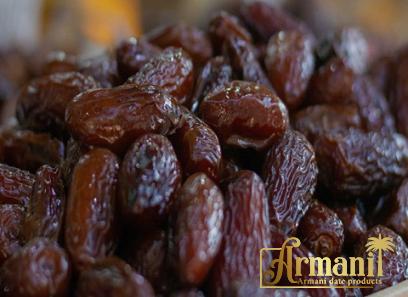
.
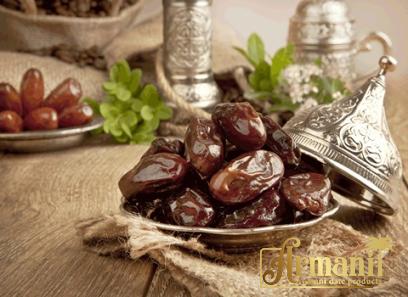 They are known for their distinctive molasses-like taste and are often preferred by those who enjoy a bolder flavor profile. Nutritional Value Both yellow and black dry dates provide a range of nutritional benefits. Dates, in general, are a good source of fiber, vitamins, and minerals. They are particularly rich in potassium, magnesium, and iron. However, the nutritional profiles of yellow and black dry dates do differ slightly. Yellow dry dates tend to be higher in calories, carbohydrates, and sugar content compared to black dry dates. These dates are particularly rich in dietary fiber, which aids digestion and helps maintain healthy blood sugar levels. They also contain vitamins A and C, which are essential for maintaining good vision and boosting the immune system. Black dry dates have a lower calorie and sugar content compared to yellow dry dates. They also contain less dietary fiber but compensate for it with higher levels of antioxidants.
They are known for their distinctive molasses-like taste and are often preferred by those who enjoy a bolder flavor profile. Nutritional Value Both yellow and black dry dates provide a range of nutritional benefits. Dates, in general, are a good source of fiber, vitamins, and minerals. They are particularly rich in potassium, magnesium, and iron. However, the nutritional profiles of yellow and black dry dates do differ slightly. Yellow dry dates tend to be higher in calories, carbohydrates, and sugar content compared to black dry dates. These dates are particularly rich in dietary fiber, which aids digestion and helps maintain healthy blood sugar levels. They also contain vitamins A and C, which are essential for maintaining good vision and boosting the immune system. Black dry dates have a lower calorie and sugar content compared to yellow dry dates. They also contain less dietary fiber but compensate for it with higher levels of antioxidants.
..
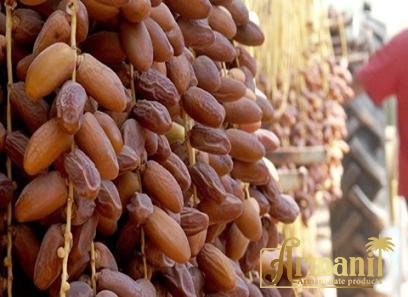 These antioxidants can help reduce oxidative stress and protect against chronic diseases like heart disease and certain types of cancer. Additionally, black dry dates are a good source of vitamin B6, which supports brain health and helps the body produce energy. Usage in Culinary Delights Both yellow and black dry dates are widely used in various culinary preparations. Yellow dry dates are often preferred in baking, where their mild sweetness and soft texture blend well into cakes, cookies, and desserts. They can also be used in smoothies, energy bars, and as a natural sweetener. Black dry dates, with their intense and unique flavor, are commonly used in traditional Middle Eastern desserts. They are popularly used in making date purees, spreads, and even incorporated into savory dishes like stews and meat-based recipes.
These antioxidants can help reduce oxidative stress and protect against chronic diseases like heart disease and certain types of cancer. Additionally, black dry dates are a good source of vitamin B6, which supports brain health and helps the body produce energy. Usage in Culinary Delights Both yellow and black dry dates are widely used in various culinary preparations. Yellow dry dates are often preferred in baking, where their mild sweetness and soft texture blend well into cakes, cookies, and desserts. They can also be used in smoothies, energy bars, and as a natural sweetener. Black dry dates, with their intense and unique flavor, are commonly used in traditional Middle Eastern desserts. They are popularly used in making date purees, spreads, and even incorporated into savory dishes like stews and meat-based recipes.
…
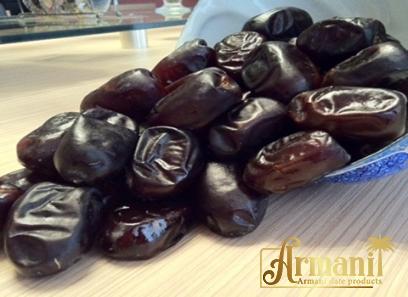 The deep molasses-like flavor of black dry dates adds a distinctive richness to these dishes. In conclusion, the choice between yellow dry dates and black dry dates ultimately comes down to personal preference and usage. While yellow dry dates provide a mild and sweet taste, black dry dates offer a more robust and intense flavor. Both varieties bring their own set of nutritional benefits to the table, making them a healthy addition to any diet. Whether you prefer the delicateness of the yellow dry dates or the boldness of the black dry dates, incorporating dates into your culinary repertoire will undoubtedly enhance your dishes with their unique and exquisite taste.
The deep molasses-like flavor of black dry dates adds a distinctive richness to these dishes. In conclusion, the choice between yellow dry dates and black dry dates ultimately comes down to personal preference and usage. While yellow dry dates provide a mild and sweet taste, black dry dates offer a more robust and intense flavor. Both varieties bring their own set of nutritional benefits to the table, making them a healthy addition to any diet. Whether you prefer the delicateness of the yellow dry dates or the boldness of the black dry dates, incorporating dates into your culinary repertoire will undoubtedly enhance your dishes with their unique and exquisite taste.
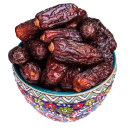
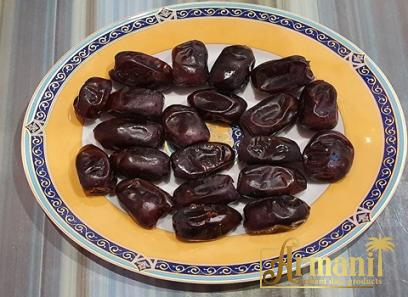
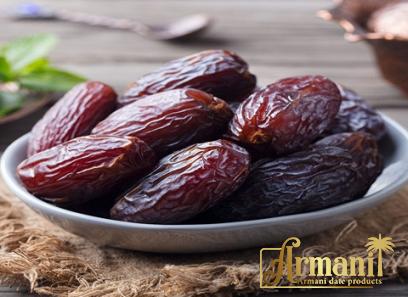
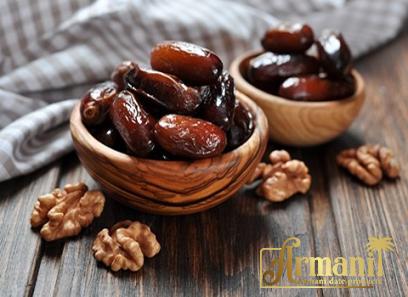
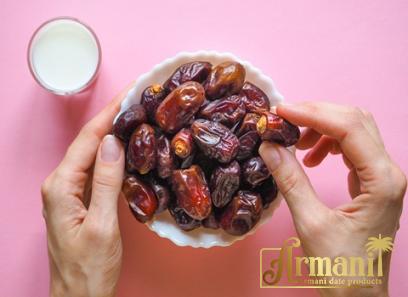
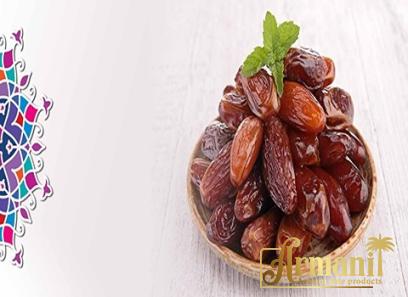

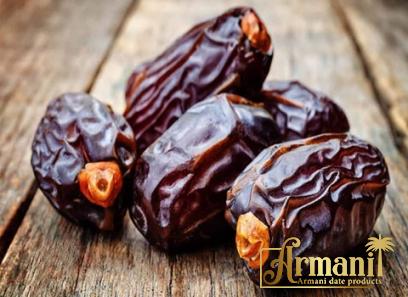
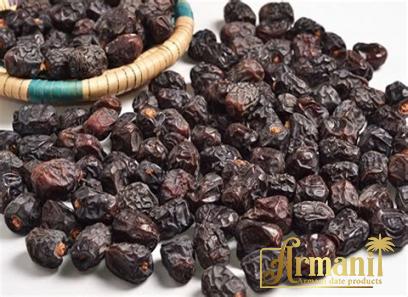
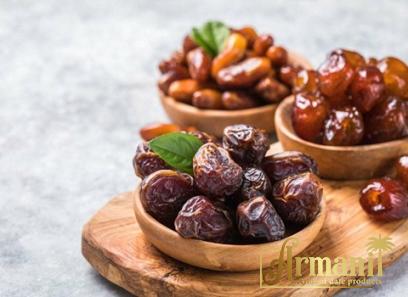
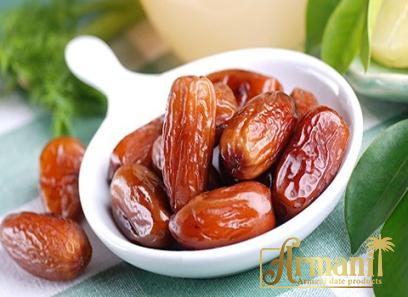
Your comment submitted.